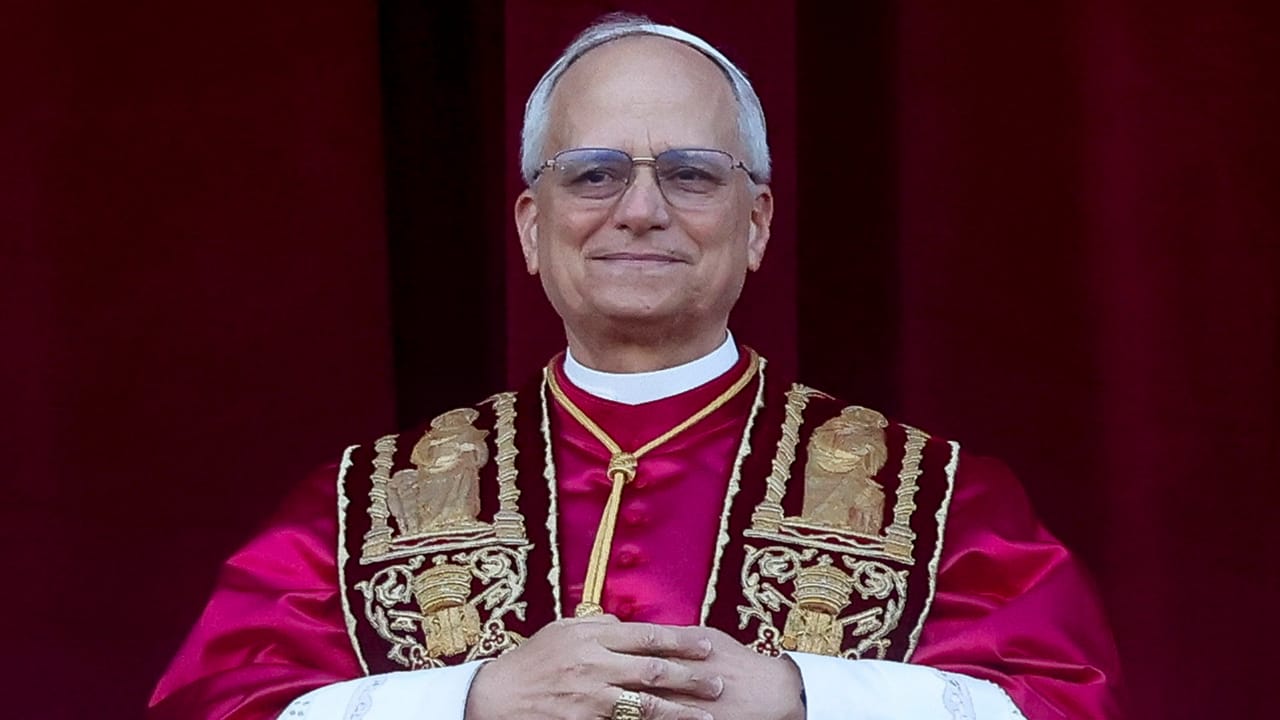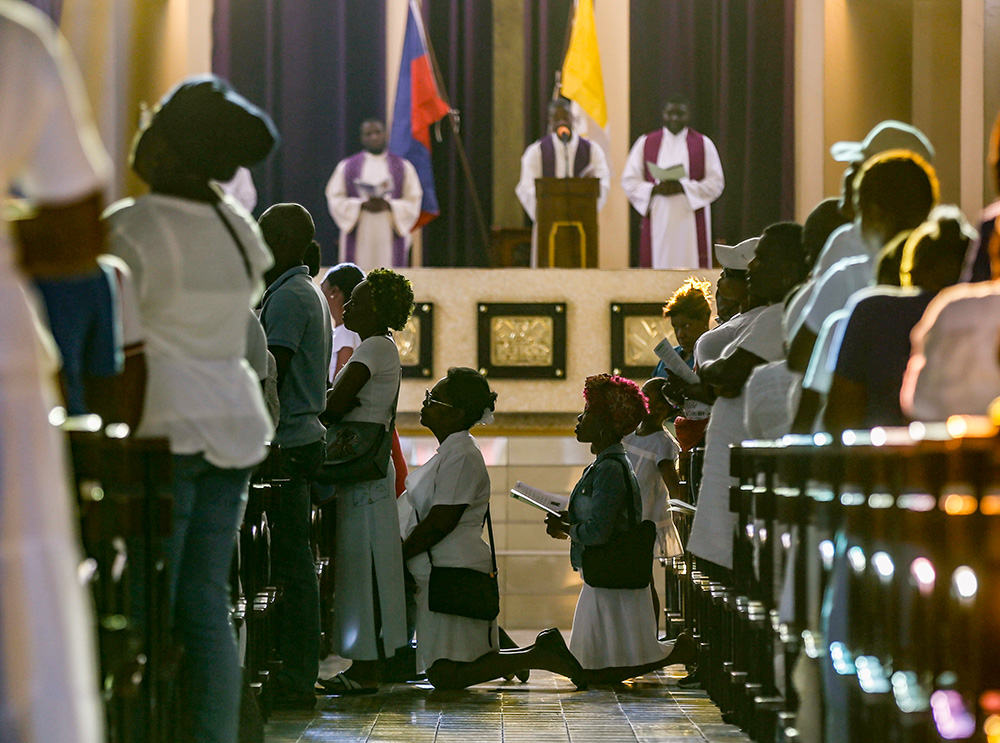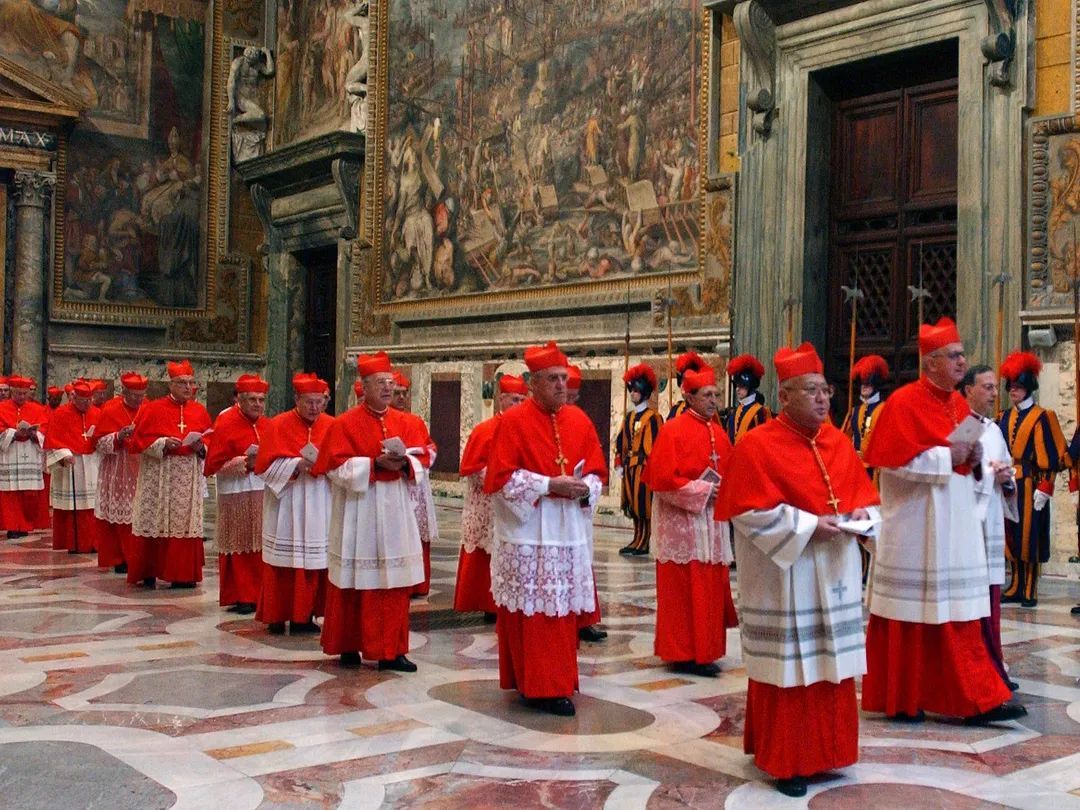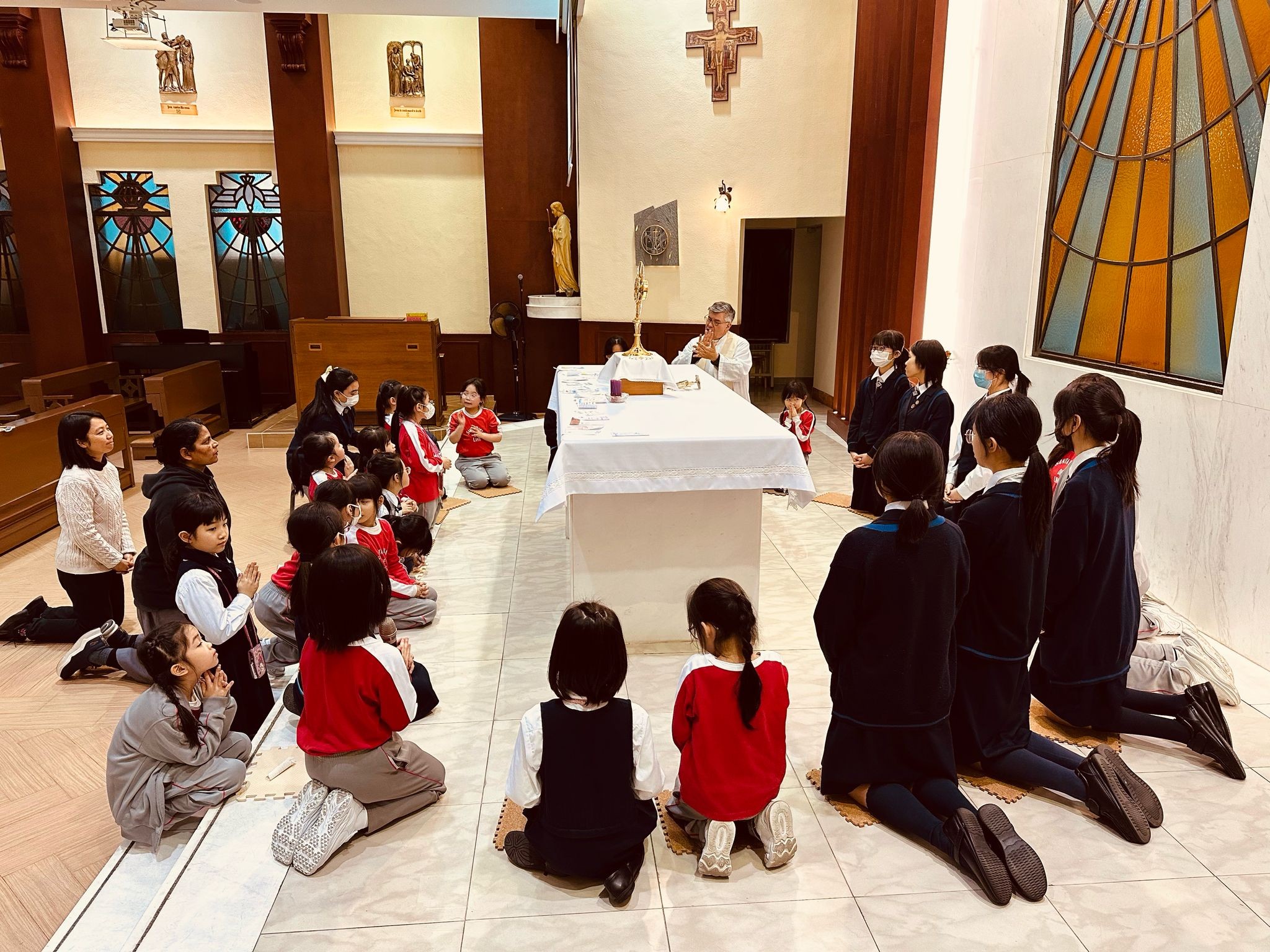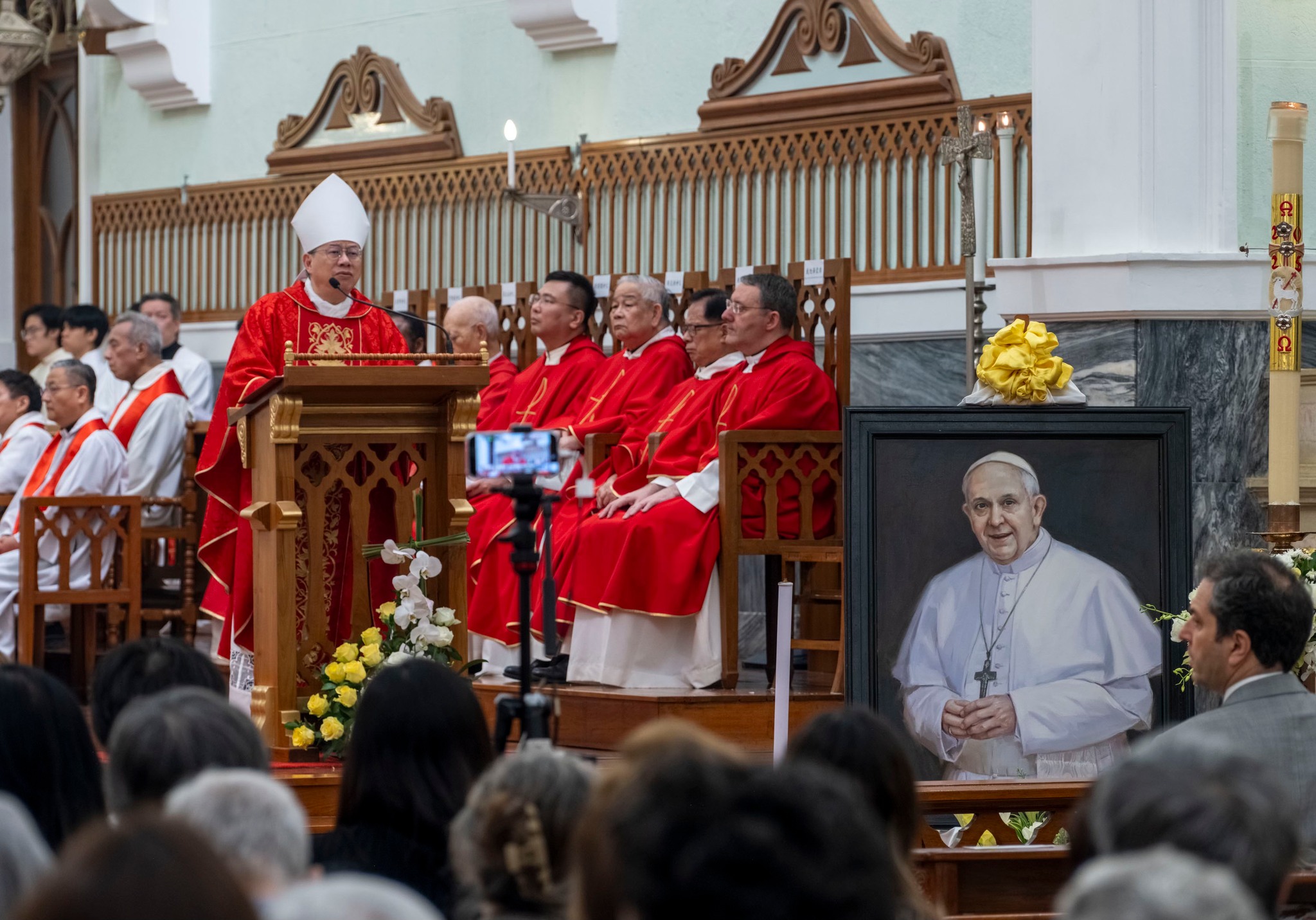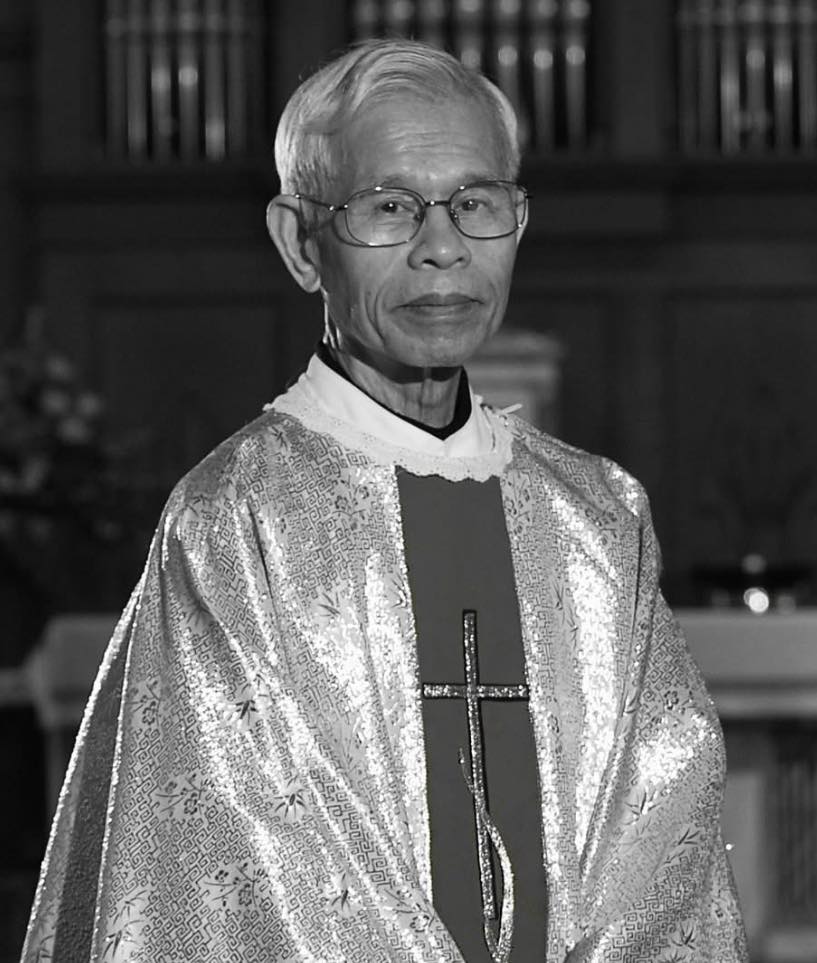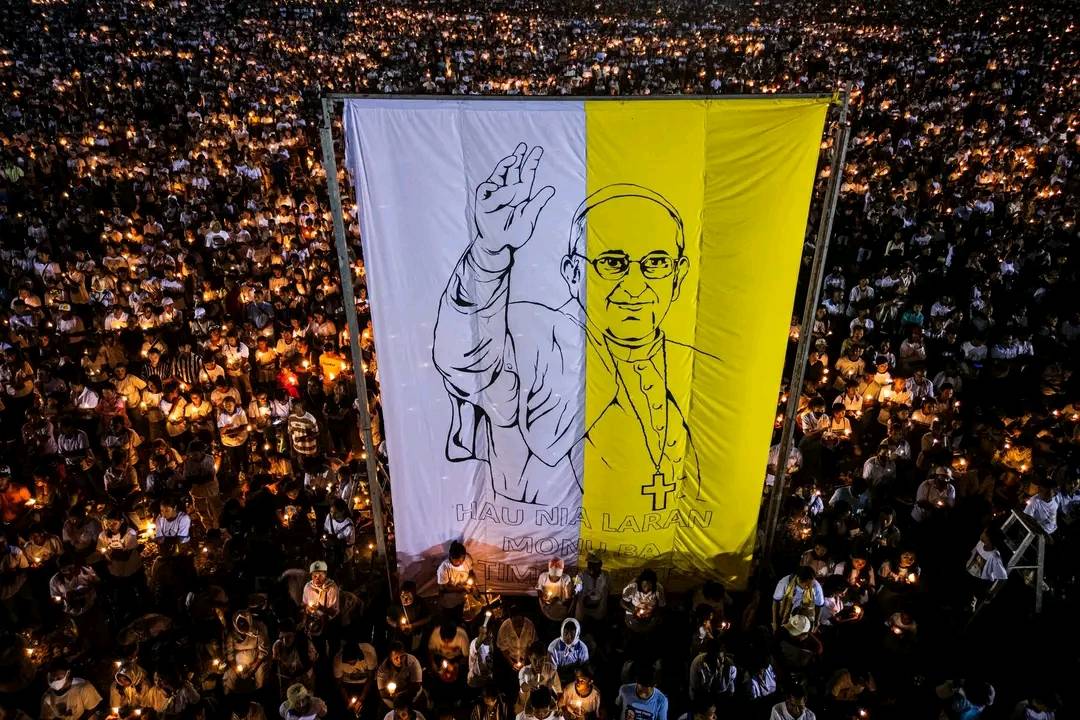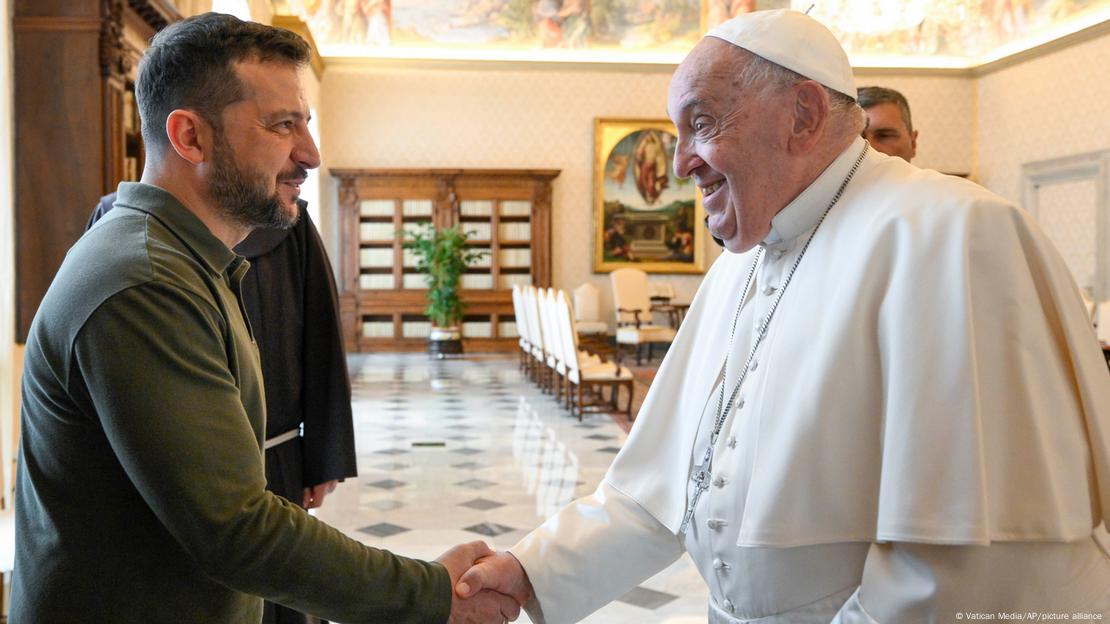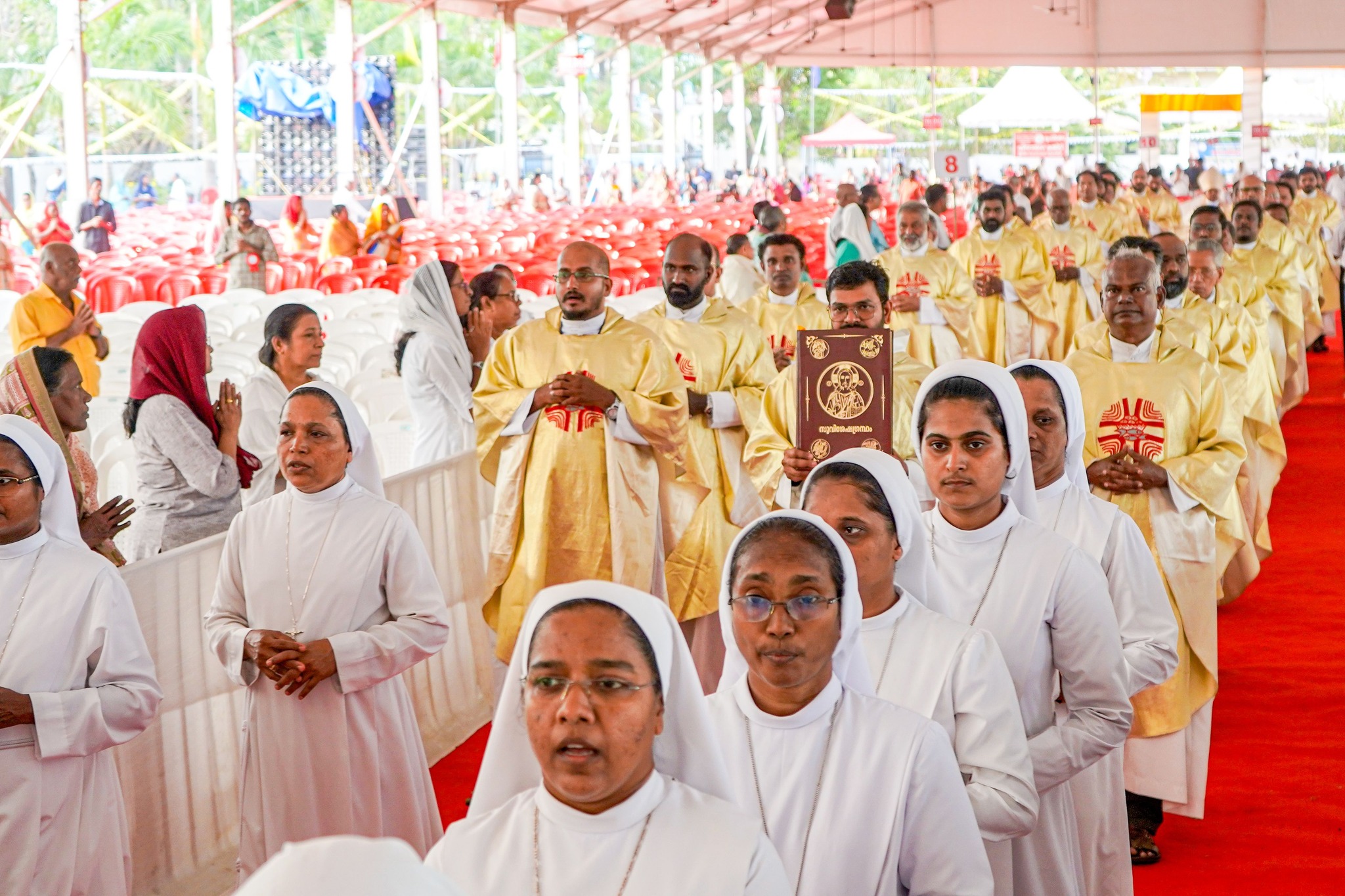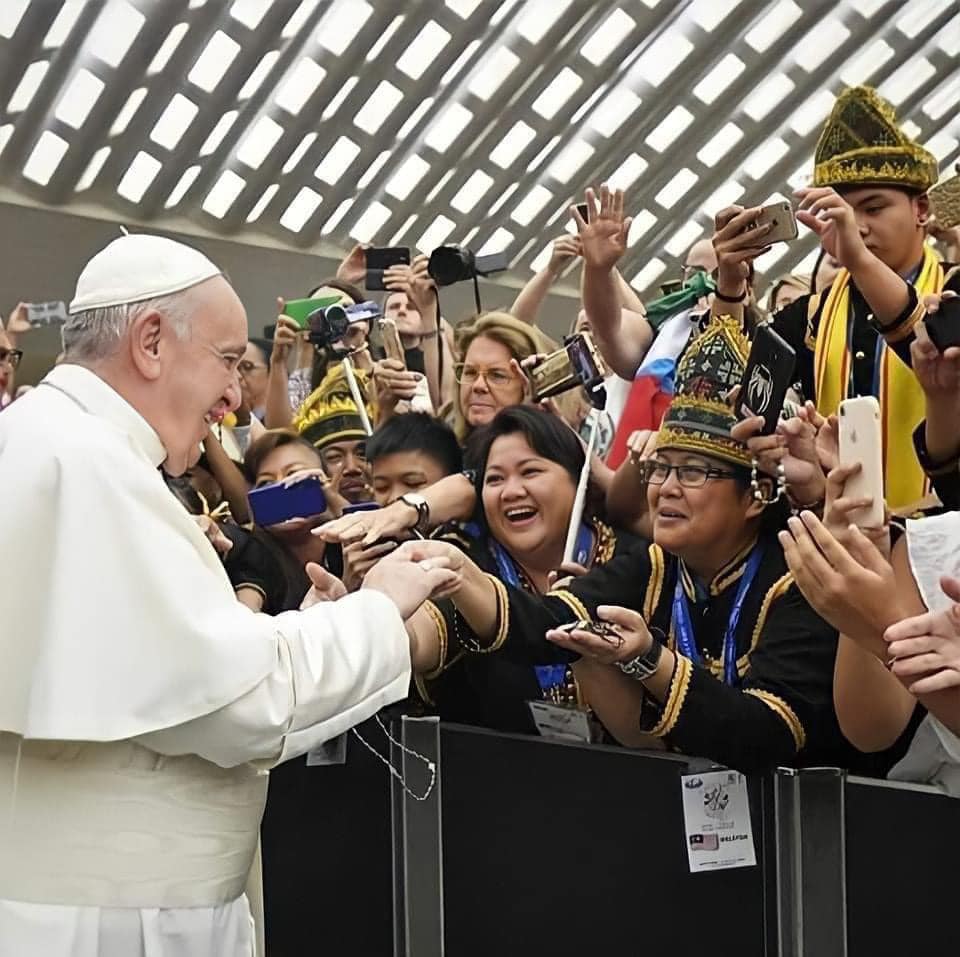In his twelve-year pontificate, Jorge Maria Bergoglio has confronted some of the deepest problems in the Catholic Church, but his legacy as Saint Peter’s successor extends far beyond the realms of faith. Pope Francis has placed the Church before the challenges that confront the world and humanity, addressing problems such as climate crisis, economic inequality and social justice. With the death of the Argentine pontiff, aged 88, the world bid farewell to a tireless defender of a more just and humane economy. Among the multiple dimensions of his papacy is the relentless defense of the metamorphosis of the prevailing economic system through love, witness and hope, rather than power or wealth. This perspective gave rise to the so-called “Economy of Francesco”, a global movement that invited economists, academics and businesspeople from all over the world to rethink the economic system based on the values of the Gospel. On May 1st, 2019, the Holy Father appealed to young people and institutions from all over the world to join a joint effort to give life to the economy of the future. The Macau Ricci Institute (MRI) contributed to the mission, with the so-called “Macau Manifesto. The Director of the MRI, Father Stephan Rothlin, recalls the Pope’s profound legacy on economic justice. The Jesuit missionary, who holds a PhD in Economy and Philosophy, praises Francis’ push to transform an economy into an economy of life and common good.
